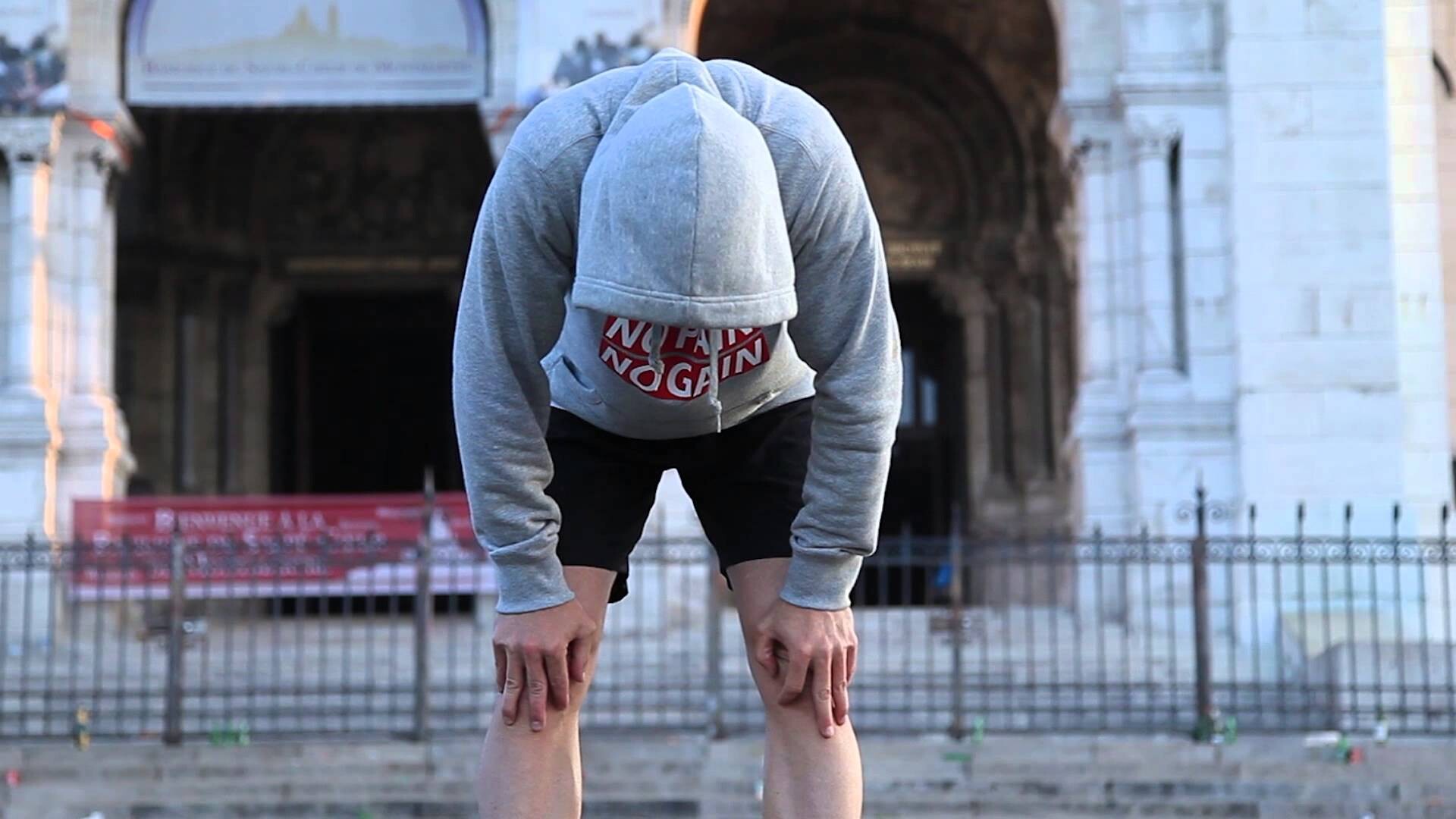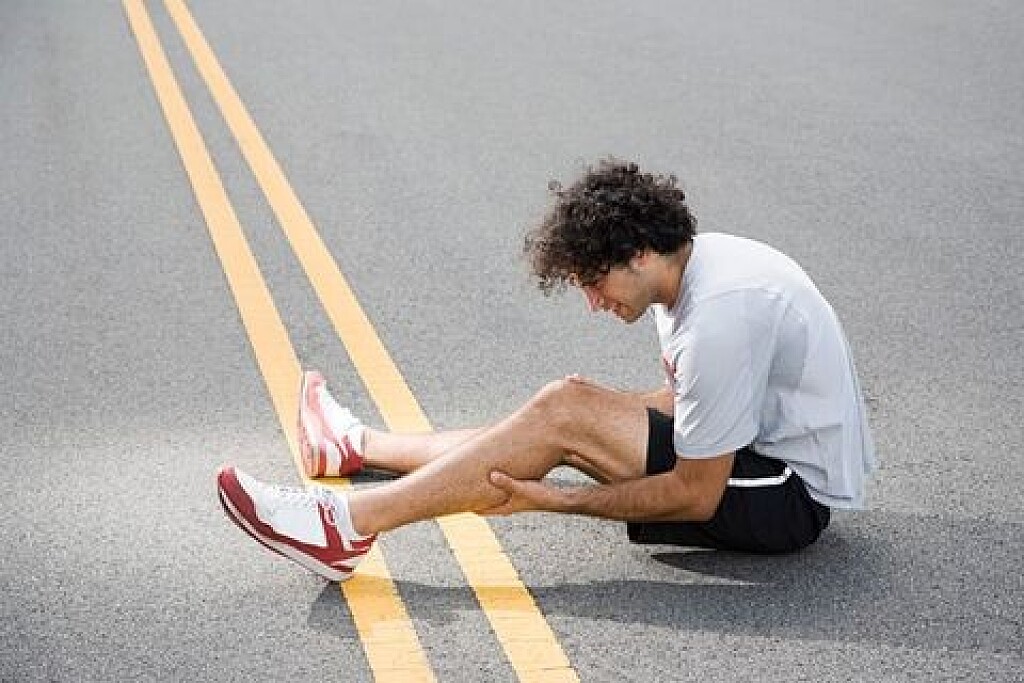Running News Daily
Running News Daily is edited by Bob Anderson. Send your news items to bob@mybestruns.com Advertising opportunities available. Train the Kenyan Way at KATA Kenya and Portugal owned and operated by Bob Anderson. Be sure to catch our movie A Long Run the movie KATA Running Camps and KATA Potato Farms - 31 now open in Kenya! https://kata.ke/
Index to Daily Posts · Sign Up For Updates · Run The World Feed
The mental side of running injuries a new research examines how injury-related psychological distress can impact recovery
While the physical pain that comes with a running injury can be tough to deal with, the emotional and mental anguish of having your training interrupted is often the hardest part. We are now realizing that working on your mental condition while injured doesn’t just make your time on the sidelines easier to handle, it can actually speed up recovery. In a recent study, researchers explored how psychological distress can actually make your injury worse, and delay your return to the roads.
Injury and fear
The “psychological distress” of runners is another way of saying fear. When you have a running injury preventing you from training, a significant part of your stress comes from fear of all the unknowns. Questions like “how severe is the injury?” “How long will it take to heal?” and “How much fitness will I lose?” keep you up at night, distract you from other priorities and consume a lot of your mental energy.

In this new study published in the Physical Therapy in Sport, researchers wanted to determine how much this psychological distress affected runners’ perceived running abilities. To do this, they collected data from runners at their first physiotherapy appointment, which included having them fill out an Athlete Fear Avoidance Questionnaire (AFAQ) for injury-related psychological distress and the University of Wisconsin Running and Recovery Index (UWRI) for perceived running ability.
The researchers found that most athletes experienced significant injury-related psychological distress at the beginning of their treatment, but this generally improved over time. Despite this, they found that athletic fear-avoidance may persist, and athletes with higher athletic fear-avoidance had a lower perceived running ability.

Mental condition and physical condition
While the main job of a physiotherapist is to help athletes improve their physical condition, the authors of the study conclude that therapists should also spend time working on their patient’s mental condition throughout the injury recovery process as well.
Runners should also do some of this work themselves. Injuries can seem like catastrophes when they happen, especially when they prevent you from running your goal race, but it’s important to keep things in perspective. Most injuries aren’t career-ending. You will get back to running again and while it may take a bit of time to re-build your fitness, you will achieve more of your running goals.
In the meantime, focus on doing whatever you can do, whether that’s some form of cross-training or simply staying on top of your physio exercises every day. Just as you’ve gotten through hard blocks of training and rough patches in races, you’ll get through this, too.
by Brittany Hambleton
Login to leave a comment




